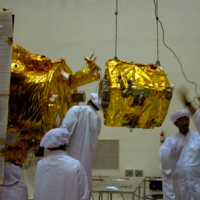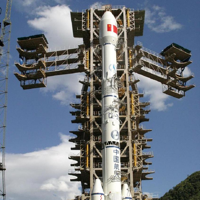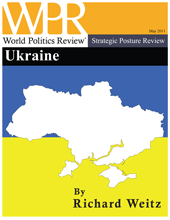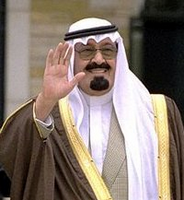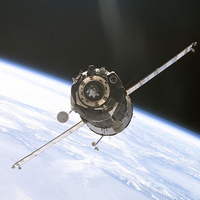
Debates over space policy typically concern three themes: national security, civil space and commercial space. National security discussions have historically focused on threats to space systems and the proper steps to either preclude, or respond to, those threats. Over the past several years, however, those discussions have grown more sophisticated, moving on to the broader issue of U.S. dependence on and use of space to enhance its military, economic and political power. In civil space, policy discussions address questions of resources and priorities: how much to spend and what to spend it on. Roughly every decade, civil space programs experience […]

